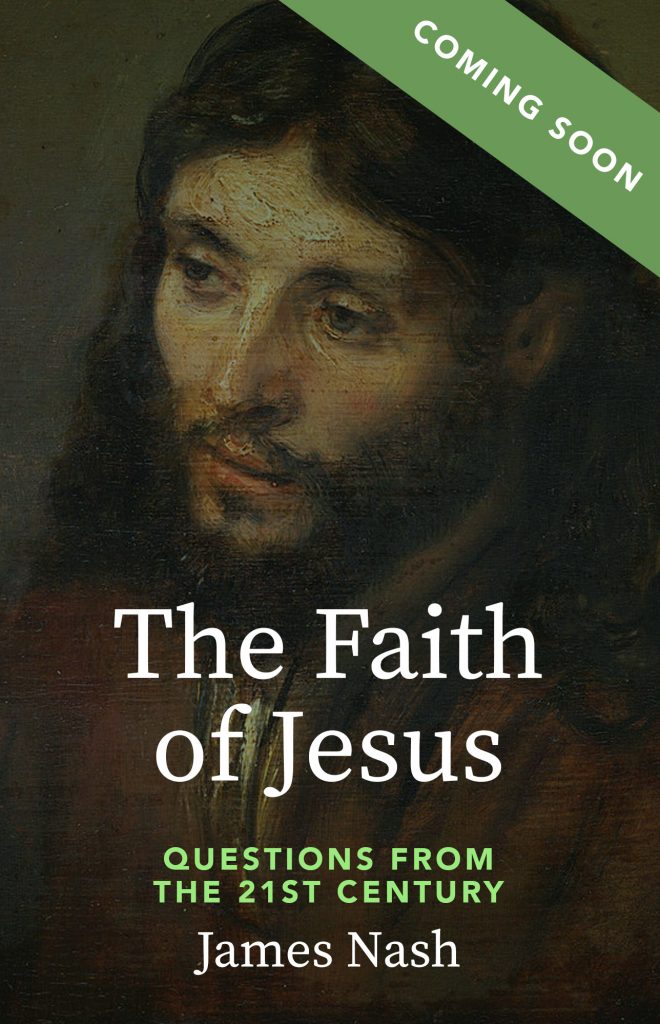33rd Sunday Ordinary Time
Malachi 3:19-20a
2 Thessalonians 3:7-12
Luke 21:5-19
Today’s gospel and Old Testament readings are apocalyptic. In the Old Testament, this refers to the “Day of the Lord,” when God will intervene in history to punish evildoers and reward the God-fearing faithful. In the New Testament, it refers to Jesus’s Second Coming, when he will return in glory to judge everyone and establish justice, which early Christians hoped and believed would happen in their lifetimes. Of course, we know it did not.
For this, and other reasons, it is often difficult for many modern Christians in the West to relate to apocalyptic warnings that “the end is near.” We now know Jesus has not returned, even though he has had two thousand years to do it. We affirm our belief in the Second Coming in church whenever we recite the Nicene Creed, but most of us do not really expect it to happen in our lifetimes.
As this Church year draws to a close, and a new one is about to begin, we will hear more apocalyptic biblical passages in the coming weeks. This raises the question: What meaning and value do apocalyptic biblical readings and theology have for us today?
Making the Case for Apocalyptic Theology
Jewish apocalyptic writings arose beginning in the third century BC. The book of Daniel is the most important, but we can see a foreshadowing in today’s reading from Malachi. During this period the Jewish people were conquered by foreign empires and lost hope they could restore their fortunes through military force. They turned, therefore, to faith that God would intervene decisively in history to defeat their Gentile oppressors, who prevented the Jewish people from practicing their faith.
The most famous Christian apocalyptic book is Revelations. The word “apocalypse” actually means “revelation” or “unveiling of what was hidden.” This book was written when Christians were being persecuted by the Roman Empire. They were a tiny weak minority in the powerful Roman Empire, with no hope of escape or deliverance by military force.
Apocalyptic literature, clearly, is born out of oppression. This may be one reason why we western Christians have trouble relating to it: we are not oppressed. We do not find ourselves longing for God to intervene decisively in history to restore justice and peace. However, by now the people of Ukraine may have begun to look at things differently. Because of their lived experience, African Americans and other marginalized people in the West also have an easier time connecting with the apocalyptic imagination.
I am suggesting, in other words, that if you have trouble relating to the apocalyptic vision, it may be because you are privileged and have not suffered very much. One antidote to this situation is to mourn for and identify more with all those suffering injustice. There are so many! “Blessed are those who mourn,” Jesus tells us, “for they shall be comforted.” (Matthew 5:4). As we prepare for Advent, connecting with those who are suffering injustice would be a good spiritual exercise.
A second reason our Christian ancestors were more into apocalyptic thinking was for them Jesus was still a living memory. They truly longed for Jesus to come again. Do we? If we are believers and if we have developed a love for Jesus, we should!
A third reason we moderns should embrace the apocalyptic vision is it affirms that God, not us, is ultimately in charge of history. We now have good reason to fear catastrophe could happen in our lifetime. Global warming and nuclear war are real and present dangers. We should work hard to prevent these, and other disasters from happening. But if we are believers, we can have faith that our ultimate destiny is in God’s hands, not ours. Thank God for that!
As Martin Heidegger once wrote, “Only a God can save us now.”
What strikes me most about what Luke’s Jesus has to say of the Second Coming is how he warns us against trying to be too specific concerning when the end will come. This is truly prophetic. We are as clueless about the when as the early Christians. He also wants to strengthen us when we face persecution and other disasters like pestilences, wars and famines. Does this not sound like our world right now?
“But not a hair on your head will perish. By your endurance you will gain your lives.” This is a message in a bottle that is two thousand years old and could not be more needful and relevant to us today.


